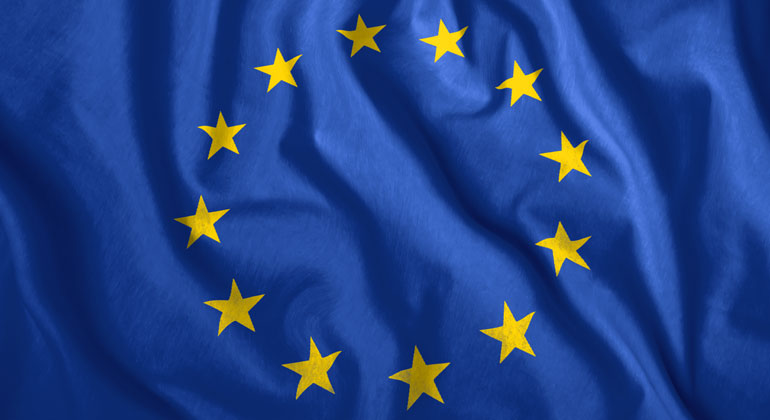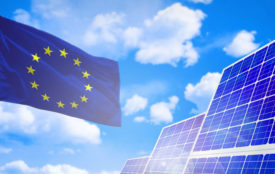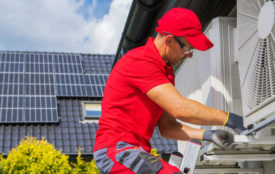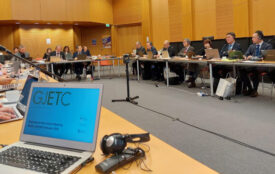EU prepares way for 0% VAT on several goods, solar panels for residential use now on proposed list
The European Council has approved a proposal to amend the EU rules on rates of value-added tax (VAT) to give member states more flexibility to set them. If adopted, solar panels for residential and ‘public interest’ applications would be included in the list of goods and services for which a maximum of 5% VAT could be levied.
The European Council said yesterday it had reached an agreement on a proposal to update EU rules on rates of value-added tax (VAT) that, if adopted, may give a strong boost to the EU solar sector.
“The new rules reflect member states’ current needs and the EU’s present policy objectives, which have changed considerably since the old rules were put in place,” the council said in a statement. “The updates ensure member states are treated equally and give them more flexibility to apply reduced and zero-VAT rates.”
If approved by the European Parliament, the Proposal for a Council Directive amending Directive 2006/112/EC as regards rates of value-added tax will be formally adopted by the council. According to the new provisions, member states will be free to apply a VAT rate of 0 to 5% to a restricted list of goods and services, with solar panels now being included in one of the seven categories described in a document related to the proposal.
The document also specifies that the proposal may apply to the “Supply and installation of solar panels on, and adjacent to, private dwellings, housing and public and other buildings used for activities in the public interest.” Electric bicycles and waste recycling services are also included on the list.
The council said it is appropriate for solar panels to be on the list as this is in line with the EU environmental commitments on decarbonization and the Green Deal, a proposal to make the union the world’s first “climate-neutral bloc” by 2050. “To support the transition towards the use of renewable energy sources and to foster the union’s self–sufficiency with regard to energy, it is necessary to allow member states to improve final consumers’ access to green energy sources,” read the council statement.
Source
Der Bericht wurde von der Redaktion „pv magazine International“ (Emiliano Bellini) 2021 verfasst – der Artikel darf nicht ohne Genehmigung weiterverbreitet werden!| „pv magazine“ 04/2020 | Online bestellen!








